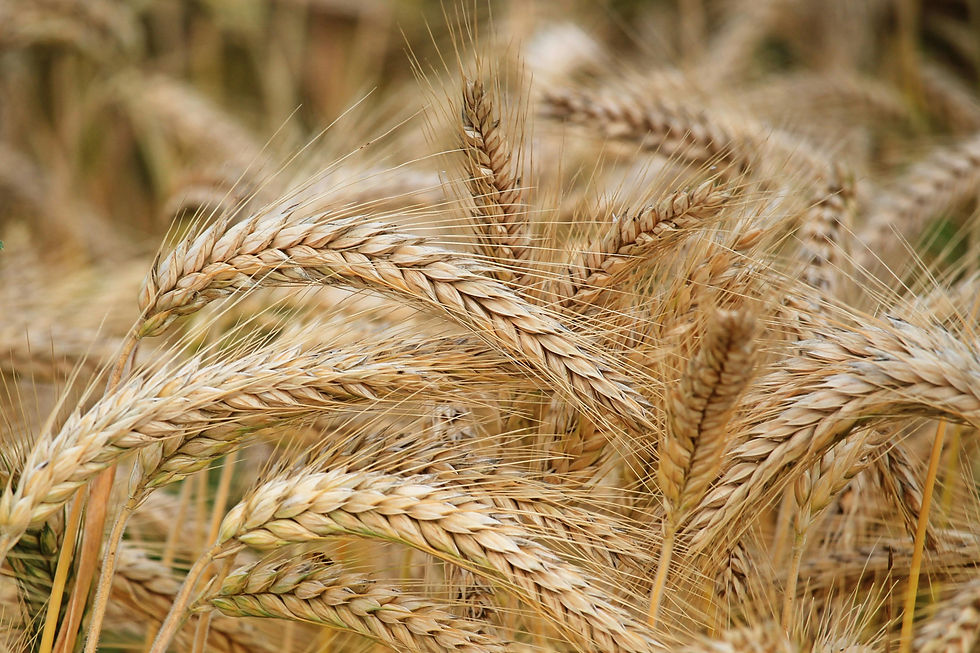Digestive Delight: How Fiber Keeps Your System Running Smoothly
- Jeetu Sharma

- Mar 11, 2024
- 2 min read
Updated: May 13, 2024
Fiber is a complex carbohydrate found in plant-based foods that our bodies can't fully digest. Great sources are whole grains, entire culmination and greens, legumes, and nuts.

Though most carbohydrates are broken down into sugar molecules known as glucose, fiber can not be broken down into sugar molecules, and alternatively it passes through the body undigested.
Fiber enables altering the body’s use of sugars, assisting in keeping starvation and blood sugar in take a look at.
Children and adults want at least 25 to 35 grams of fiber in keeping with the day for precise health.
There are two types of fiber
Soluble Fiber- Soluble fiber, which can dissolve in water, has the potential to reduce glucose levels and improve cholesterol levels. Dietary options rich in soluble fiber consist of oatmeal, chia seeds, nuts, beans, lentils, apples, and blueberries.
Insoluble Fiber- Insoluble fiber, a type of fiber that doesn't dissolve in water, assists in the efficient movement of food through your digestive system. This promotes regular bowel movements, reducing the risk of constipation. Examples of foods high in insoluble fiber include whole wheat products (particularly wheat bran), quinoa, brown rice, legumes, leafy greens such as kale, almonds, walnuts, seeds, and fruits with edible skins, such as pears and apples.
Benefits of Fiber
Healthy Digestive System- Eating fiber helps keep your digestive system healthy. It adds bulk to your bowel movements, making them easier to pass and promoting regular bowel movements. This prevents constipation, a condition where bowel movements become infrequent and difficult to pass.
Maintain Blood Sugar level- Fiber acts like a brake on sugar absorption, preventing it from entering the bloodstream too quickly. This controlled release of sugar is especially helpful for individuals with diabetes or prediabetes, as it helps maintain healthy blood sugar levels.
Reduced Risk of Chronic Diseases- Eating a diet high in fiber can help reduce the chances of getting certain long-term illnesses. For instance, people who eat a lot of fiber are less likely to get colorectal cancer, diverticulitis, or even some types of heart disease.
Heart health: Soluble fiber can help lower cholesterol levels by trapping cholesterol in the digestive tract and preventing its absorption into the bloodstream. This can reduce the risk of heart disease.



Comments